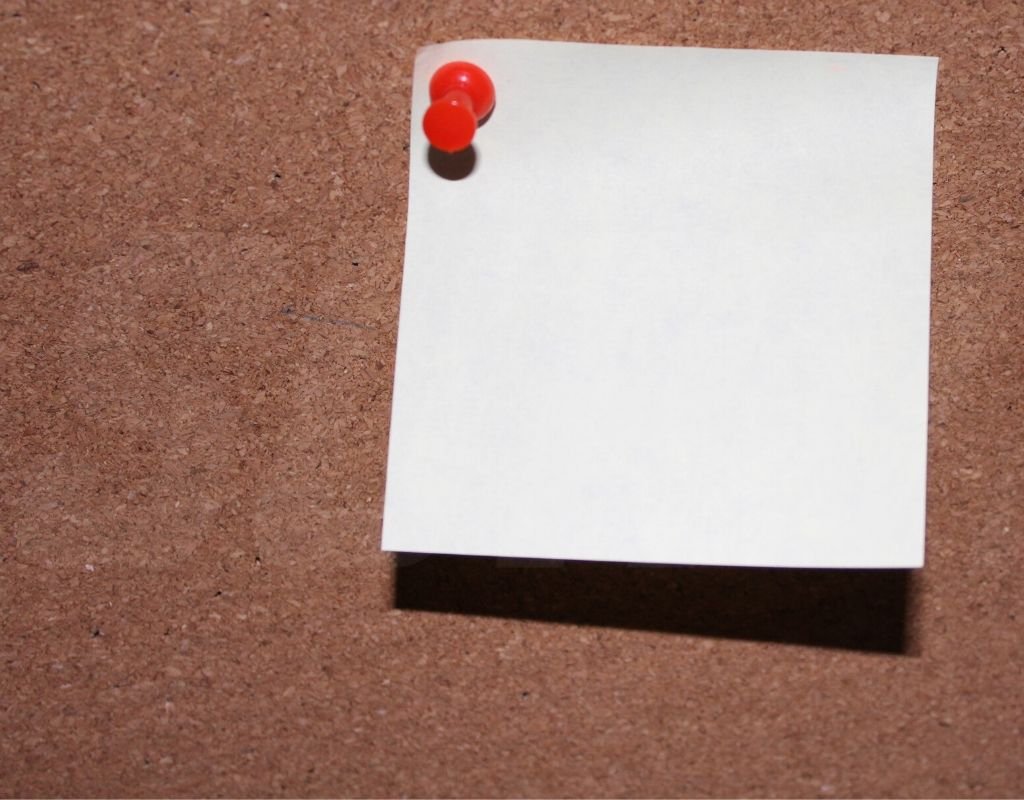DEPRESSION & BURNOUT ARE NO LONGER EXCEPTIONAL
Worldwide, mental illnesses became a big reason for sick leave. The duration of the disease is also increasing. The result is a loss of billions for companies and careers, which come to an abrupt end at the peak of their performance and run into the sand. What remains is the question: can you protect yourself? Are there simple mechanisms that stabilize mental health?
The British “New Economics Foundation” has identified strategies for improved health and well-being.
STOP AND REFLECT
Hustle and bustle is the norm in a fast-paced world. Sometimes we lose sight of ourselves. Reflection and self-awareness help us understand our emotions and give us the time we need to deal with them.
The internationally known psychologist Daniel Goleman summarizes it as follows:
“If you are aware of how feelings affect your reasoning, your thinking and the way you interact with other people – then you are reflected”
This is a component of emotional intelligence. We know of circuits in the brain that make us aware of our mental world and that differ from the circuits that tell us about our physical world. ”
So take more time for yourself. Allow yourself to think about things calmly and enjoy the moment. Choose a different route to get to work, have lunch in a different restaurant. Our world, where we are connected around the clock, is not exactly the easiest place to live. Exercises in mindfulness in everyday life are a good strategy to feel calmer, more relaxation and more zest for life. At the same time, we sharpen our understanding of the people around us and our work situation.
SOCIAL CONTACT INSTEAD OF EMAIL CONTACT
Social contacts are important for our well-being. Regardless of whether we have something to give ourselves – by leading a project, bringing in special knowledge or simply making our contribution to team success – or whether we are praised for expressing our appreciation and we are in the role of taking it: we’re after better. The exchange with other people is one of the most fundamental needs we have.
One of the simplest approaches for more social contacts with colleagues and other people is to avoid unnecessary emails. Get up and go over to the colleague. Even if the face-to-face contact lasts only a few moments, you will experience the expression on your face. You hear the tone of the voice and thereby gain a deeper understanding of the situation. E-mails also unbalance us because they take up our time and attention and distract us from our actual task. The more emails are waiting in the inbox, the greater the loss of time.
To counteract this, it is worth closing the mail program once or only checking it at certain intervals. And you can also use the next coffee break: ask the colleague you meet in the kitchen what his weekend was like and really listen to him. When it comes to mental health, it is often the details that make the difference.
SMALL CHANGES, BIG IMPACT
Anxiety and stress are difficult to banish from work. But it is also not impossible and even small steps are better than none at all. Accept that there are days when negative feelings are more in the foreground and even small things can be overwhelming. Knowing, tolerant handling of this fact makes dealing with fear easier and reduces the burden.
An effective method of reducing stress is physical activity at and outside the workplace. Those who drive their own car or use public transport instead find the journey to be stressful and arrive at work stressed out. Unfortunately, we don’t always have a choice of how we get to work. But why not leave the elevator to the office on the left and take the stairs instead? Or use the lunch break for a walk in the fresh air? Working on mental health does not mean that you have to radically change your lifestyle. Again, it’s the little things that make the difference.
LEARN TO RELIEVE STRESS
Mindfulness and contact with our colleagues and our environment are important for our mental health. Our ability to learn new things is just as beneficial. Nobody is omniscient. Not even experts can do that by themselves. When we learn our time for learning, it is what you have to do, as well as in meetings, at work, and in everyday work.
Susan Wallace, professor of educational science, writes in her book “Teaching, tutoring, and training in the field of lifelong learning”. You don’t have to enroll for a second degree or pursue another form of professional qualification. There are many things to learn something new or to listen to existing knowledge.
Recommended Readings: Ways To Train Your Mental Strength
Take on a craft project, learn to cook, find a new hobby, belong to your bike or take a language course. Everything, was the own repertoire, is a success and also serves the income.










3 Comments